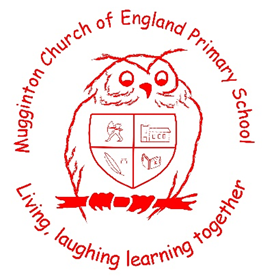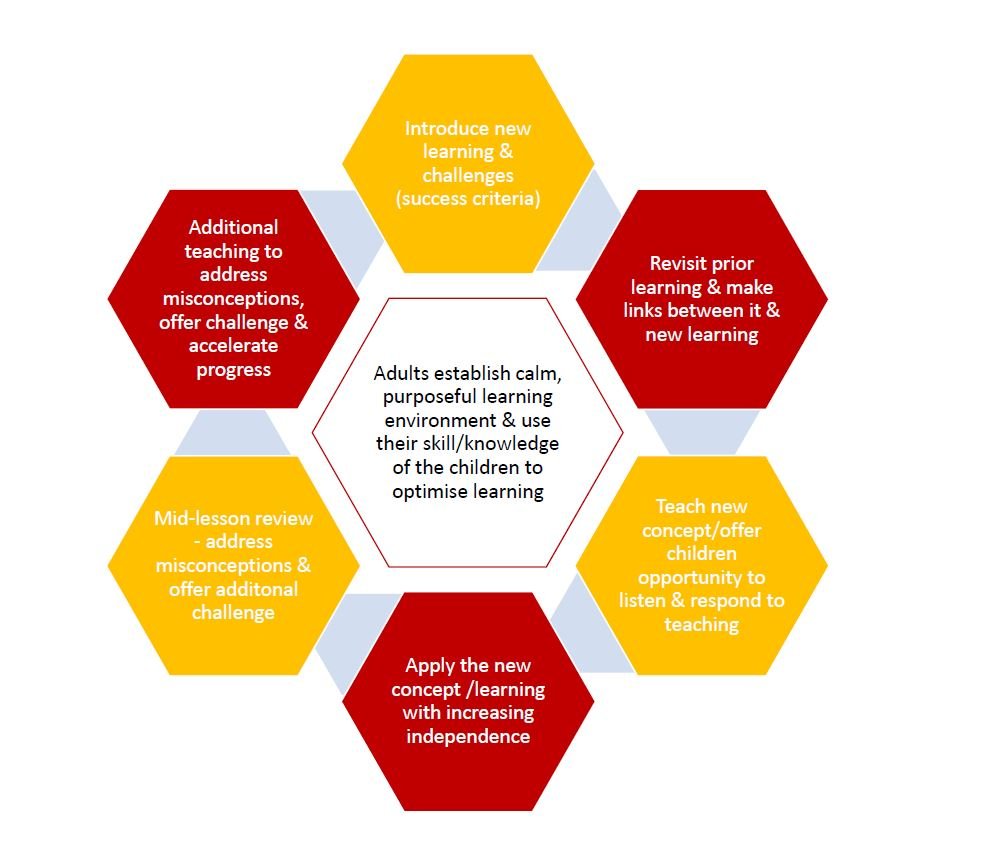
our Curriculum
We are proud of our broad and balanced curriculum and our children’s attainment and progress. It is our belief that outstanding academic progress and outcomes is best achieved through a rich, creative curriculum with focus on the outdoors, music, arts and sport rather than through an over-focus on ‘teaching to a test’ in the core subjects. Please see our plans for the current term (including Knowledge Organisers) and our Curriculum Statement below for more information.
We aim to offer excellence and choice to all our children, regardless of their starting point. Because of the nature of our mixed-age classes, ‘challenge for all’ is a major focus. Lessons in Mathematics, English and Science are planned using what we describe as our ‘Challenge Curriculum’. In short, this means offering the children approximately five success criteria of increasing difficulty. This allows children of all age and ability to make excellent progress from their different starting points. Our approach is always inclusive and we recognise and work hard to fulfill our duties in the Equality Act 2010 and the SEND Regulations 2014
The children’s learning is arranged into three termly ‘Big Ideas’ or themes. Examples include ‘How do animals help us?’; ‘Where swallows fly’ and ‘There’s no place like home.’ By structuring the children’s subject-specific knowledge and skills around a central theme, we aim to help our children make links/connections between ideas and over-learn key knowledge through regular ‘retrieval’ practice. Finally, we hope that this creative way of introducing learning to our children will promote motivation, engagement and an inquisitive nature. The Big Ideas are taught on a 4-year cycle.
Teaching at Mugginton is creative, inclusive and purposeful. As a team, we have drawn up a broad model for our teaching which takes into account contemporary academic research (eg John Hattie and the Education Endowment Foundation). A typical lesson at Mugginton consists of the following cycle:
This Term’s Learning
Here you will find copies of our Big Idea for the term (We Will Remember) which includes information about what the children will be learning in each subject.
Knowledge Organisers
In addition to the Big Idea information booklets, you will find copies of the Knowledge Organisers for foundation subjects.
The purpose of the Knowledge Organisers is to make clear to all staff, to children and to parents about what exactly we expect the children to learn during the course of the unit. The knowledge organisers include key vocabulary which we intend for the children to be familiar with by the end of the unit.
At the end of the knowledge organiser are 6 key questions which we use to assess the children alongside the work in their books and our day-to-day observations of their learning in class. A measure is taken at the beginning and end of the unit through pupil-interview conducted by a teacher or Higher Level Teaching Assistant.
Please ask your child’s teacher if you would like further information about our curriculum.
This term, our Big Idea is We Will Remember
The infant timetable for the 2024-2025 academic year is available here
The junior timetable for the 2024-2025 academic year is available here
INFANT KNOWLEDGE ORGANISERS FOR THE SUMMER TERM, 2025
Science (Plants, Trees & Flowers)
JUNIOR KNOWLEDGE ORGANISERS FOR THE SUMMER TERM, 2025
We practise our times tables every week through the Number Club. Number Club sheets are sent home for you to practise with your child before we have our 3 minute Number Club challenge the following week.
Number Club sheets are available below:
The Importance of Retrieval Practice
At Mugginton, we want our children to learn and have fun - central to our curriculum is providing children with frequent opportunities to recall and practise previously-learnt skills and knowledge with their teachers and classmates. We timetable retrieval practice in to every school week.
What is Retrieval Practice?
Retrieval practice involves children recalling something they have learnt in the past and bringing it back to mind. Revisiting learning and testing memory helps everyone to retrieve information and make links with other things learned. It also makes it easier to recall the same knowledge again in the future. In short, a main focus of the teacher is to get knowledge and experience in to children’s heads; at Mugginton we also emphasise getting knowledge out of children’s heads!
Ofsted’s (2019) ‘Overview of Research’ document presented strong evidence that retrieval practice is an effective teaching tool for strong retention of knowledge. It can also improve children’s application skills and their ability to transfer their knowledge to new concepts and new situations.
Key tenets of Retrieval Practice at Mugginton
We want to help our children integrate new knowledge into long-term memory and make enduring connections that develop their understanding.
Retrieval practice is not an assessment tool; it is a learning strategy and not a tool to measure pupil progress.
Our ‘remembering’ activities often expect children to retrieve prior learning from previous weeks, months or years.
We believe that spaced or distributed practice, where knowledge is rehearsed for short periods over a longer period of time, is more effective than so-called massed practice, where we study more intensively for a shorter period of time. Therefore, retrieval practice is timetabled into every school week.
We mix up our retrieval practice using our Knowledge Organisers. Whilst we review current learning in lessons, retrieval practice is also used to review learning from older topics – again, using the Knowledge Organisers as the foundation. This ‘interleaving’ of topics improves long-term retention of knowledge.
It is important that feedback on accuracy is provided either by the teacher or by the pupil checking accuracy for themselves. Again, this is why the Knowledge Organisers are so important.
Retrieval practice makes use of visual (written, pictorial) and verbal activities to strengthen the representations made.
There is clarity over exactly what is to be learnt, in small chunks. This information is recorded on our Knowledge Organisers and ensures learners are not ‘overloaded’.
What does Retrieval Practice look like at Mugginton?
An example timetable is available at this link. The timetable identifies times beyond specific lesson-times when retrieval practice takes place. These sessions are aimed to be simple and ‘quick-fire’. They might include:
Children testing each other on particular parts of a Knowledge Organiser such as a labelled diagram or vocabulary
Asking pupils to ‘speak like an expert’ for two minutes to a small group, teacher of the class
The infants might use the ‘Tough Tray’ to reinforce knowledge in a practical way
Using working memory challenge grids
Using flashcards
Analysing and connecting different images
Using quick knowledge quizzes in different formats such as Kahoot
Applying retrieval practice within bingo games











